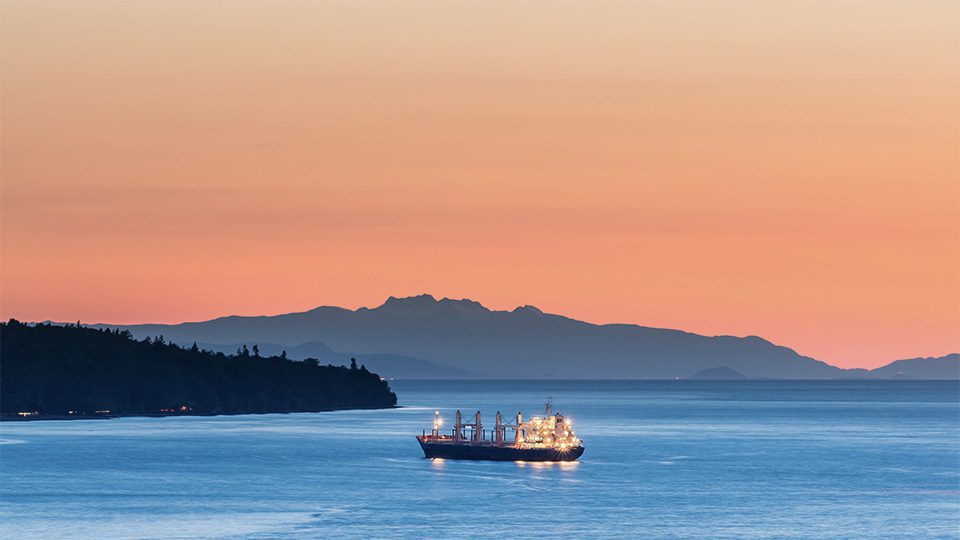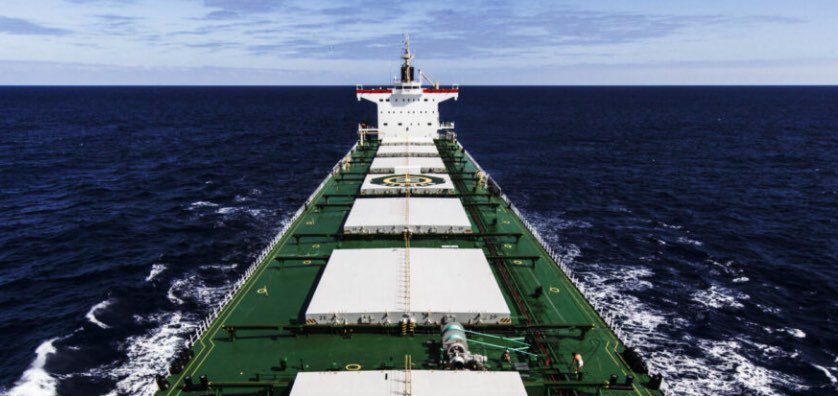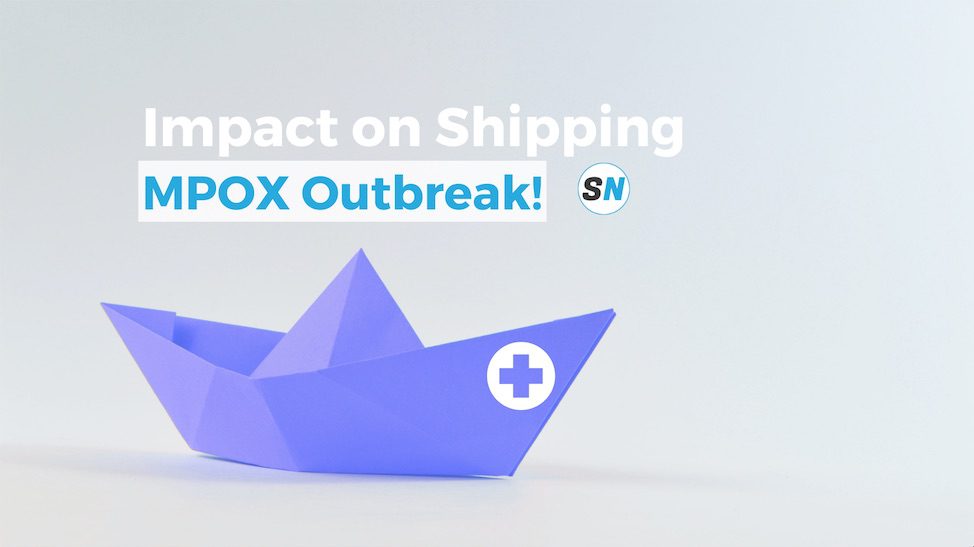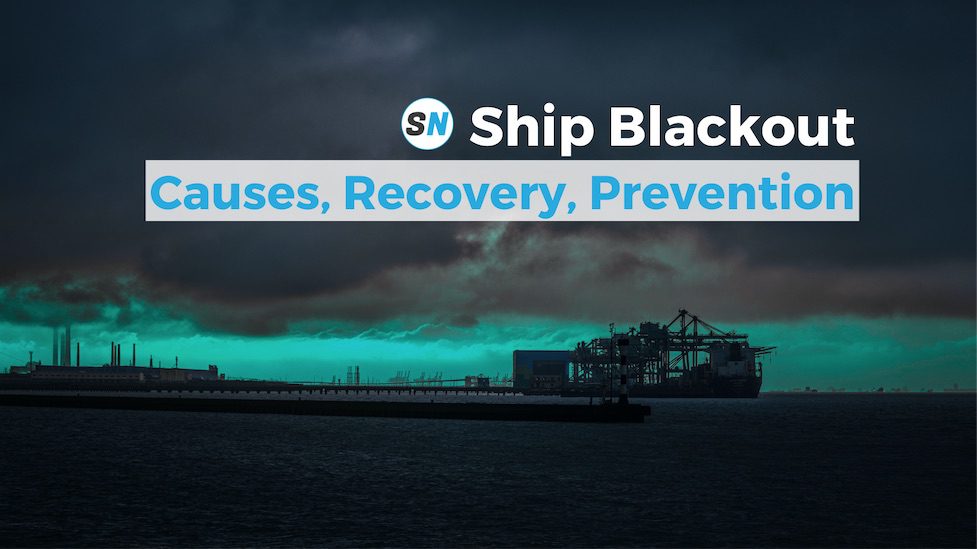28 November 2024
Fuel discrepancies in 39% of global bunkers – new AI study

FuelTrust’s most recent research uses AI-based technology to investigate fraudulent practices, fuel discrepancies, and inadequate supply chain management in the bunker fuel industry.
Table of Contents
Concept
FuelTrust, the technology company dedicated to creating a trusted and sustainable fuel ecosystem for the maritime industry, has released a new report examining bunker fuel discrepancies in the maritime industry, which includes examples of unethical practices and fraudulent activities related to bunkering.

FuelTrust’s analysis found that between 2021 and 2022, more than 39% of global bunkers exhibited a fuel discrepancies content delta of 2% or more compared to the amounts stated in their delivery paperwork. The primary issue identified was the introduction of water into the fuels during the journey from onshore storage tanks to the ship’s bunker tank. This problem typically involved an increase from 0.1% to above 0.25% water content, which, although below the regulated threshold, still resulted in average losses of $14,910 per affected delivery.
Fuel Discrepancies
The maritime fuel market has a long history of not being transparent. Bunker fuels account for more than 50% of a vessel’s operational expenses, meaning fraudulent practices and inadequate supply chain management can significantly affect the profitability of vessel owners and charterers, and fuel suppliers. Just this month, 11 Ships lost propulsion, and over 100 ships were affected in a single incident of fuel discrepancies contamination in Houston.
Even fuel considered “on-spec” (meeting specified quality standards) experiences volume or content issues, leading to financial losses or engine problems. In the past year, over 600 vessels were disabled through fuel discrepancies problems, despite the fuel being ‘on-spec’, resulting in estimated global supply chain losses exceeding $5 billion. Both fuel suppliers and shipowners incurred financial losses, which are difficult to detect and make claims against these fuel discrepancies.

Contaminated bunker fuel cases in Singapore worth $120m.
Singapore’s contaminated bunker fuel outbreak is likely to cost tens of millions of dollars and keep lawyers busy for years to come.
Ship Nerd
FuelTrust’s AI-based approach to creating a trusted fuel ecosystem through transparency and traceability addresses the challenges in the fuel supply chain, particularly in the maritime sector. By providing visibility into the final outcomes of fuel products, fuel suppliers can better understand and validate their offerings, while fuel buyers can combat fraud, minimize losses, and mitigate environmental risks.
“This new research across the global bunkering market emphasizes the need for better transparency. By providing visibility, traceability, and security throughout the fuel supply chain, FuelTrust is improving operational efficiency, helping reduce environmental impact, and fostering trust among all stakeholders.”
“As the latest contamination case demonstrates, it’s essential that ship owners, bunker suppliers and charterers can gain better insight into their fuel supply chains. Better information on the fuel we use is also a foundational block of any serious GHG reduction strategy.”
Jonathan Arneault, CEO and Co-Founder, FuelTrust
Source: FuelTrust
See Also
A survey suggests a multi-fuel future for the shipping industry on the path to zero emissions. As the global maritime industry embarks on a decarbonization journey, a recent survey conducted among industry stakeholders has revealed that the path towards decarbonization will be complex, with a wide range of fuels in the mix through 2050.
To understand how shipping industry leaders are thinking about future fuels and what their plans and projections are to adopt cleaner fuels and efficiency-boosting technologies, the Global Maritime Forum, the Global Centre for Maritime Decarbonisation, and the Mærsk Mc Kinney Møller Center for Zero Carbon Shipping conducted a survey of major shipping companies, with analytical support by McKinsey & Company.

Multi-fuel future with 3 or more types simultaneously
A survey suggests a multi-fuel future for the maritime industry on the path to shipping’s decarbonization and zero emissions through 2050.


